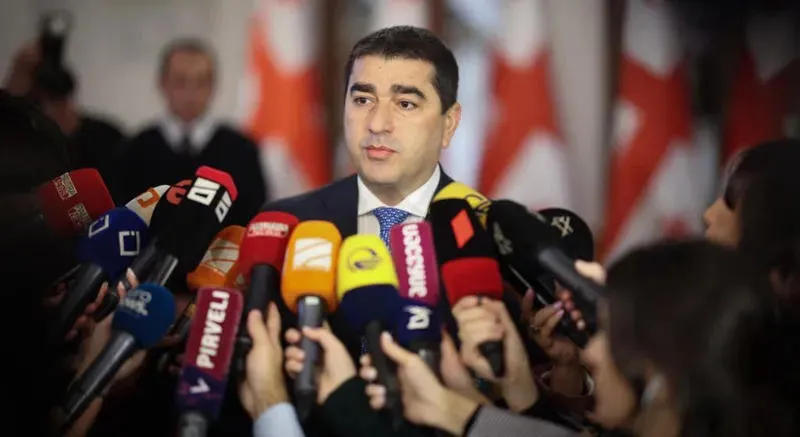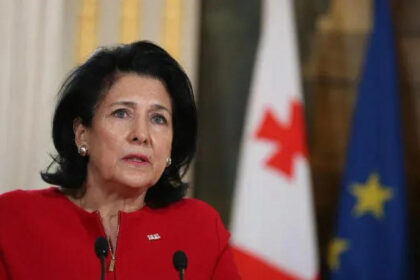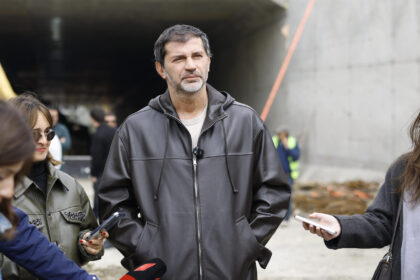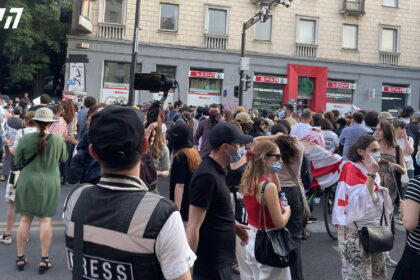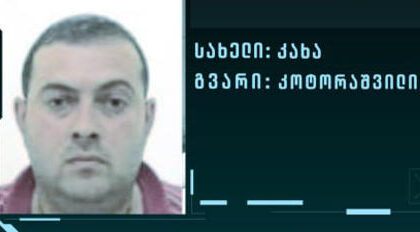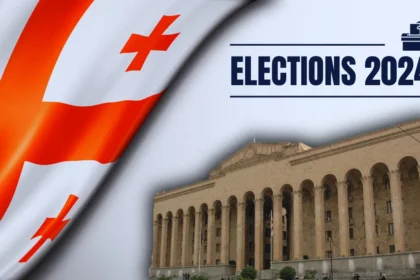**US Embassy’s Statement Creates Unnecessary Hysteria in Tbilisi**
The Speaker of Parliament, Shalva Papuashvili, has come down heavily on the US Embassy for issuing a statement regarding bomb threats at three shopping centers in Tbilisi without coordinating with local security services. This move has been criticized as having given fertile ground to disinformation and hysteria campaigns by radical opposition groups and NGOs.
In a sharp reaction, Papuashvili said that the US Embassy’s statement was “unfortunate” and had caused unnecessary panic among citizens. He pointed out that in the US, there is a principle that prohibits shouting “fire” in a crowded theater, implying that such statements can cause harm without any factual basis.
**A History of Disinformation**
The Speaker further noted that this is not the first time such incidents have occurred, and accused the opposition and NGOs of trying to sow hysteria about various issues. He claimed that these groups often try to create anxiety among citizens, using propaganda media outlets to spread false information.
However, the State Security Service (SSS) soon clarified that the bomb threat was a “false alarm” and called on diplomatic corps representatives in Georgia to show more responsibility when making public statements. The SSS also asked them to refrain from spreading uncoordinated information with relevant authorities.
**A Lesson Learned**
Papuashvili emphasized that this incident will not happen again in the future, implying that there would be better coordination between the US Embassy and local security services in similar situations.
In conclusion, the US Embassy’s statement has been widely criticized for causing unnecessary hysteria and panic among citizens. The episode highlights the importance of coordination and consultation between foreign diplomatic missions and local authorities to prevent such incidents from happening again.
**Commentary**
This incident is a reminder that public statements can have significant consequences, especially in sensitive situations like this one. It also underscores the need for better communication and coordination between foreign embassies and local authorities.
The opposition’s history of using disinformation campaigns to further their agendas has been well-documented. This latest episode only serves as another example of how such tactics can create unnecessary anxiety among citizens.
It will be interesting to see if lessons have been learned from this incident, and whether diplomatic missions in Georgia will take steps to prevent similar situations from arising in the future.




